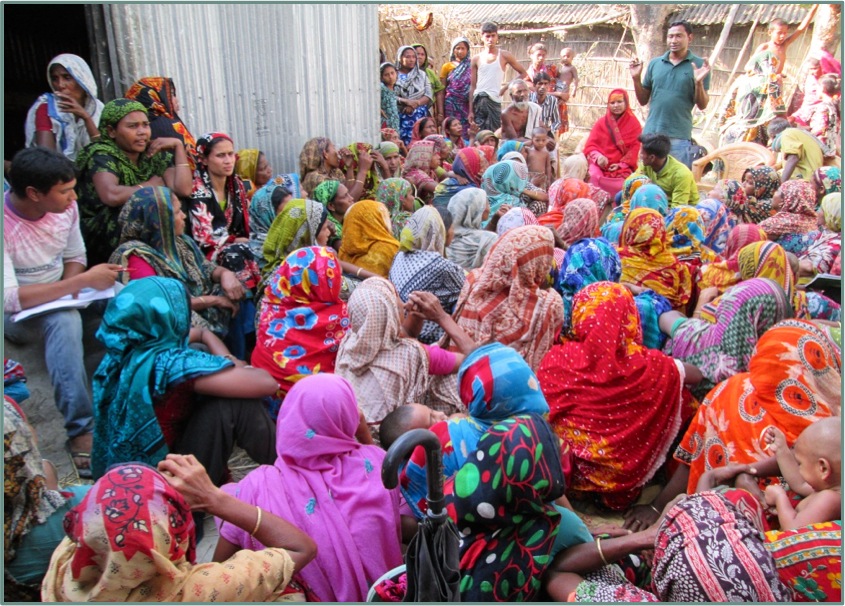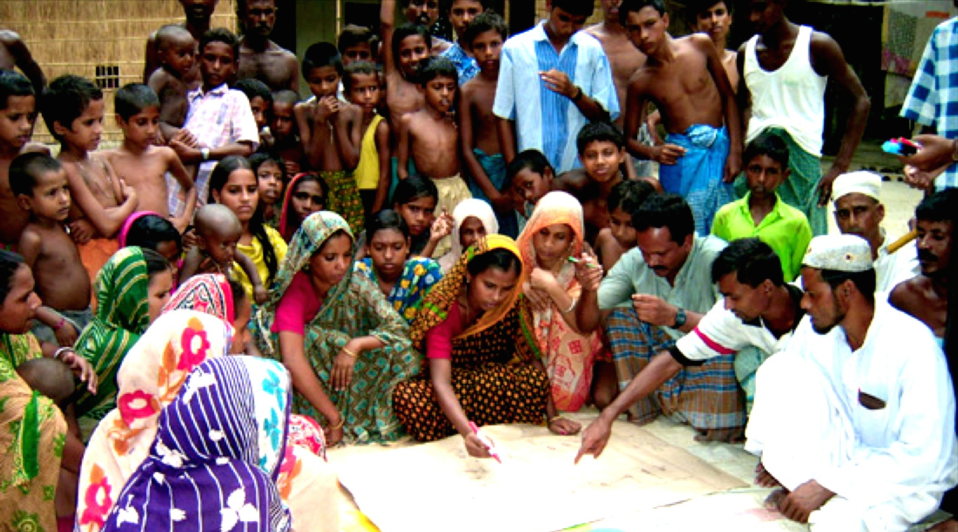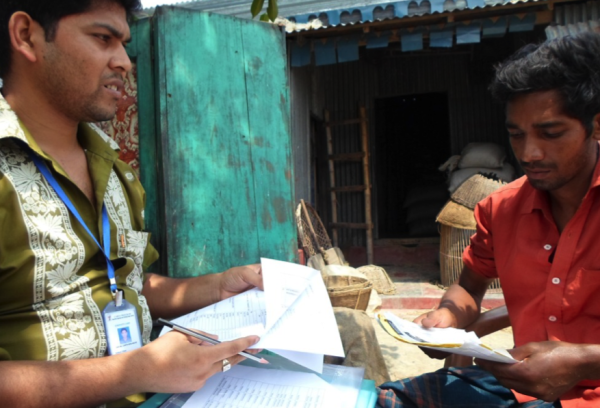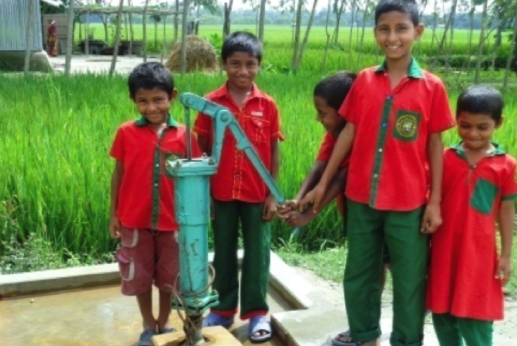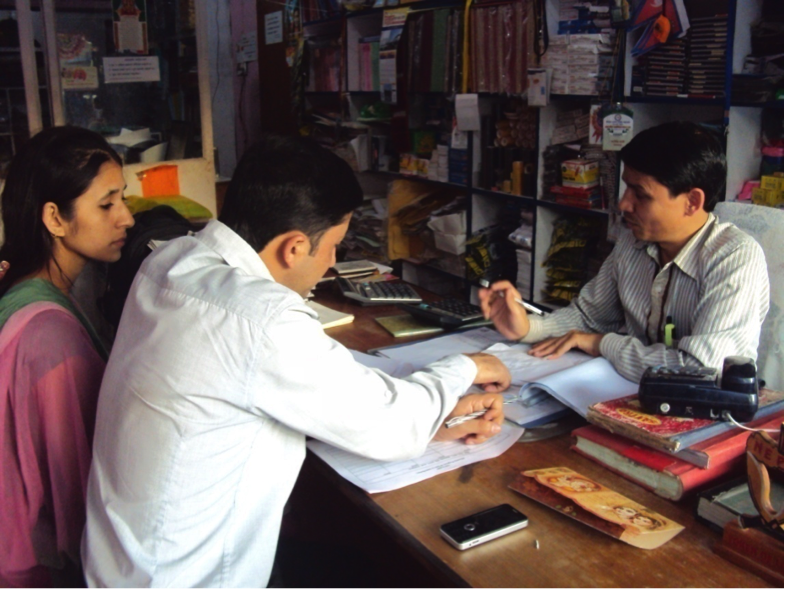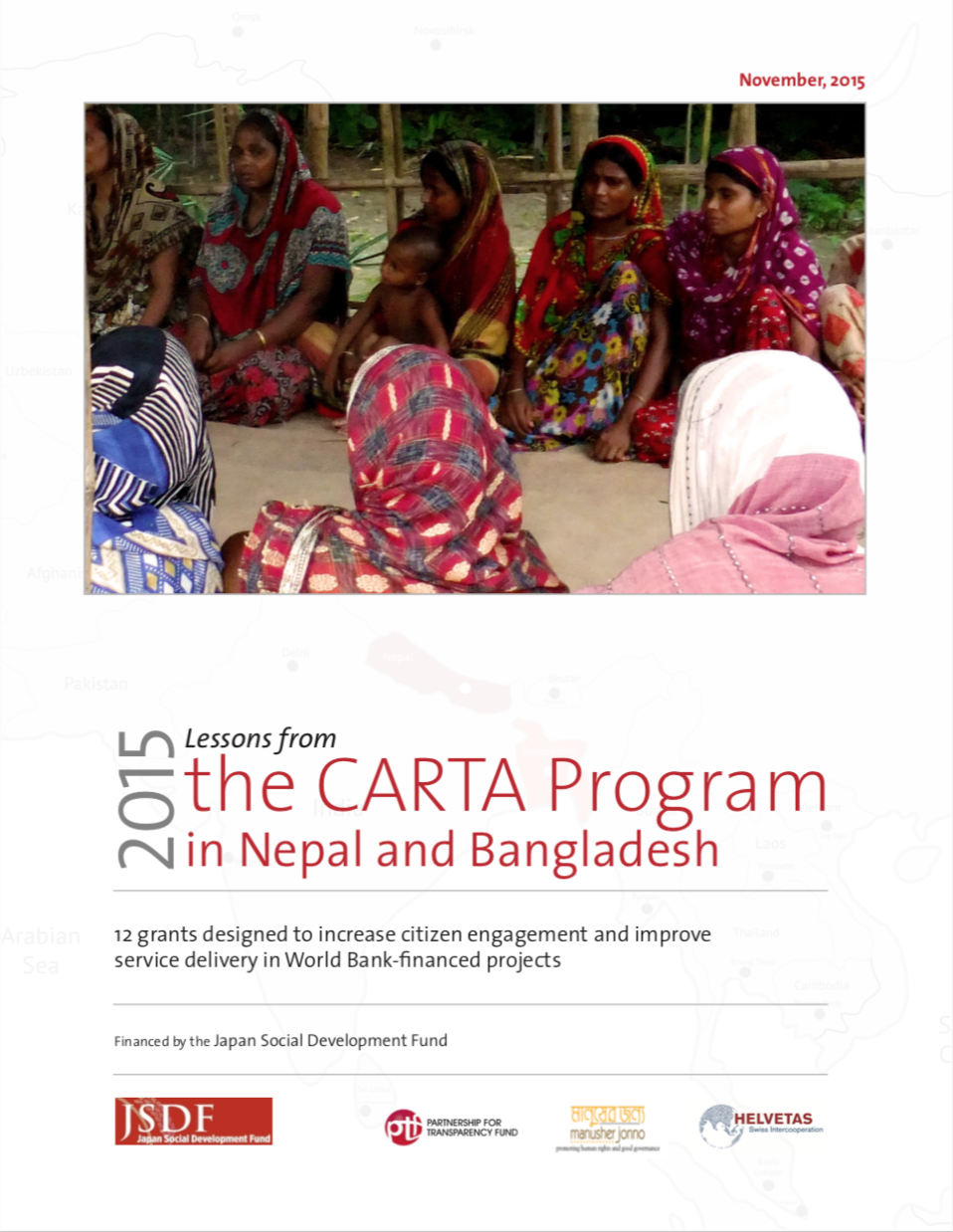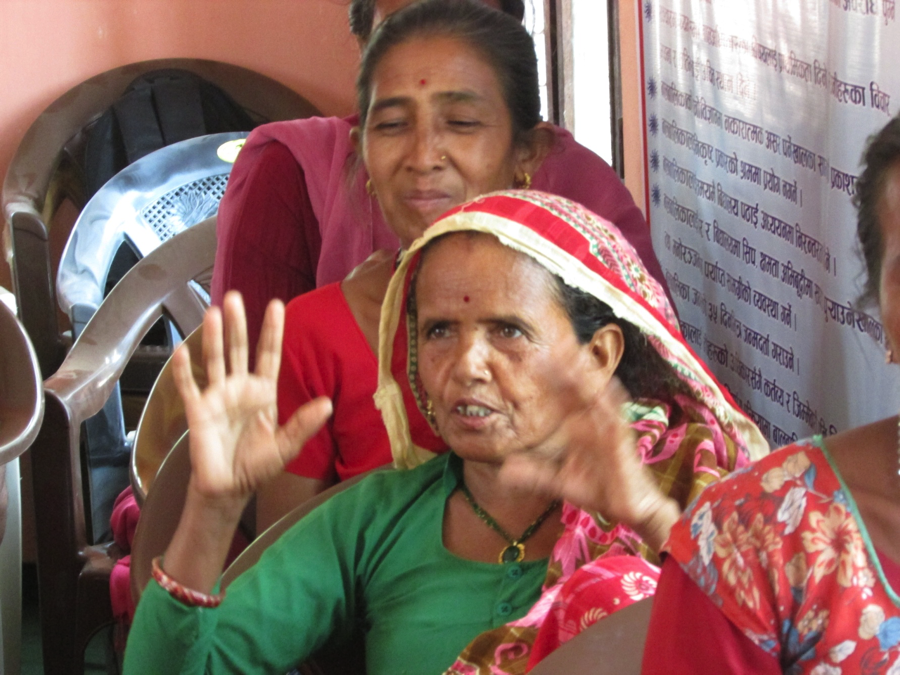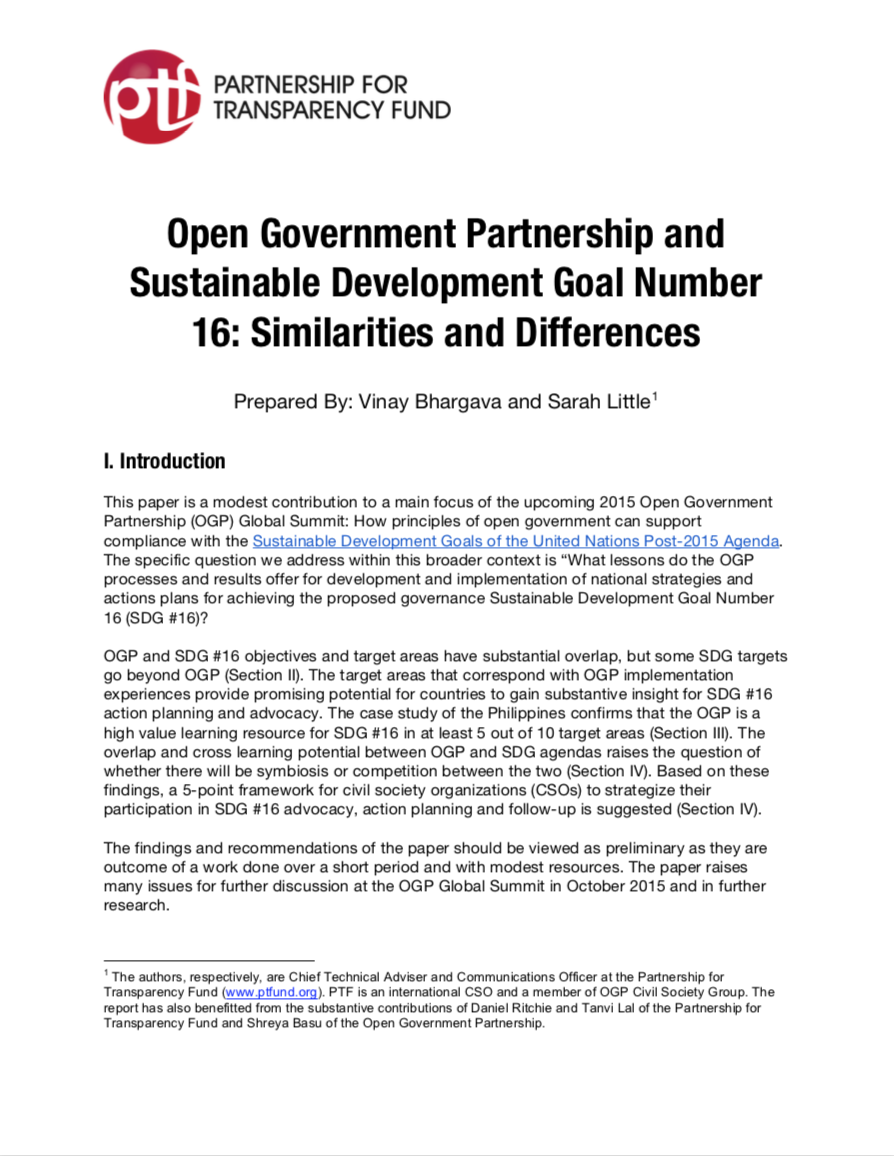Poverty alleviation is the greatest challenge Bangladesh currently faces. Although Bangladesh has shown impressive economic and social gains, the level of poverty continues to be a challenge with 32% of the total population living below the poverty line in 2010. The objective of the Social Investment Program Project (SIPP II) is to improve…...
Rural Access Improvement and Decentralization Project (RAIDP)
The Rural Access Improvement and Decentralization Project (RAIDP) aims to improve services related to health, education, agriculture and good governance in Nepal. Over the project period (2005 to 2013), over 2 million Nepalis have utilized improved rural transport infrastructures and services produced by the program, in turn enhancing their access…...
Rural Electrification and Renewable Energy Development (RERED II)
The Rural Electrification and Renewable Energy Development (RERED II) is a publicly funded project aimed at increasing access to electricity through Solar Home System (SHS) in "off-grid" rural areas of Bangladesh. Although it has been recognized as one of the largest and fastest growing off-grid renewable energy programs in the world, policy and…...
Reaching Out-of-School Children Project II (ROSC2)
The Government of Bangladesh has undertaken a number of targeted interventions, as part of its National Education Policy (2010), to ensure one-hundred percent enrollment and completion of primary education before 2015. The Reaching out of School Children Project (ROSC-II), launched in 2004, is one such intervention that has played a…...
School Sector Reform Project (SSRP)
The School Sector Reform Program (SSRP) is a follow-up of the ongoing “Education for All” program in Nepal. Since 2010, free textbooks have been distributed to all students up to grade 10 in community schools throughout the country. According to the project guidelines, students are expected to receive their textbooks by…...
Lessons from the CARTA Program in Bangladesh and Nepal
Recent years have witnessed concerns about issues of government effectiveness and accountability, particularly in the delivery of public services. Citizen engagement is increasingly recognized as a method to help improve development program effectiveness. This report reviews the unique initiative to enhance World Bank projects by promoting CSO engagement to demand…...
Emergency Peace Support Project (EPSP)
The Emergency Peace Support Project (EPSP) seeks to contribute to the peace building process in Nepal by providing interim cash transfers and services to eligible conflict-affected groups. So far, interim cash benefits have been provided to 14,104 families of the deceased and 4,444 widows. Employment and self-employment services (ESES) have…...
Lessons from the CARTA Program in Bangladesh and Nepal
Recent years have witnessed concerns about issues of government effectiveness and accountability, particularly in the delivery of public services. Citizen engagement is increasingly recognized as a method to help improve development program effectiveness. This report reviews the unique initiative to enhance World Bank projects by promoting CSO engagement to demand…...
Citizen Action for Results, Transparency and Accountability (CARTA) Independent Assessment Report
The Citizen Action for Results, Transparency and Accountability (CARTA) Program was funded by a US$1.9 million grant from the Japanese Social Development Fund (JSDF). The grant was managed by the World Bank. CARTA started in mid-2011 and will be completed by November 30, 2015 after it was extended by more…...
Open Government Partnership (OGP) and Sustainable Development Goal Number 16 (SDG#16): Similarities and Differences
This paper is a modest contribution to a main focus of the upcoming 2015 Open Government Partnership (OGP) Global Summit: How principles of open government can support compliance with the Sustainable Development Goals of the United Nations Post-2015 Agenda. The specific question we address within this broader context is “What…...

